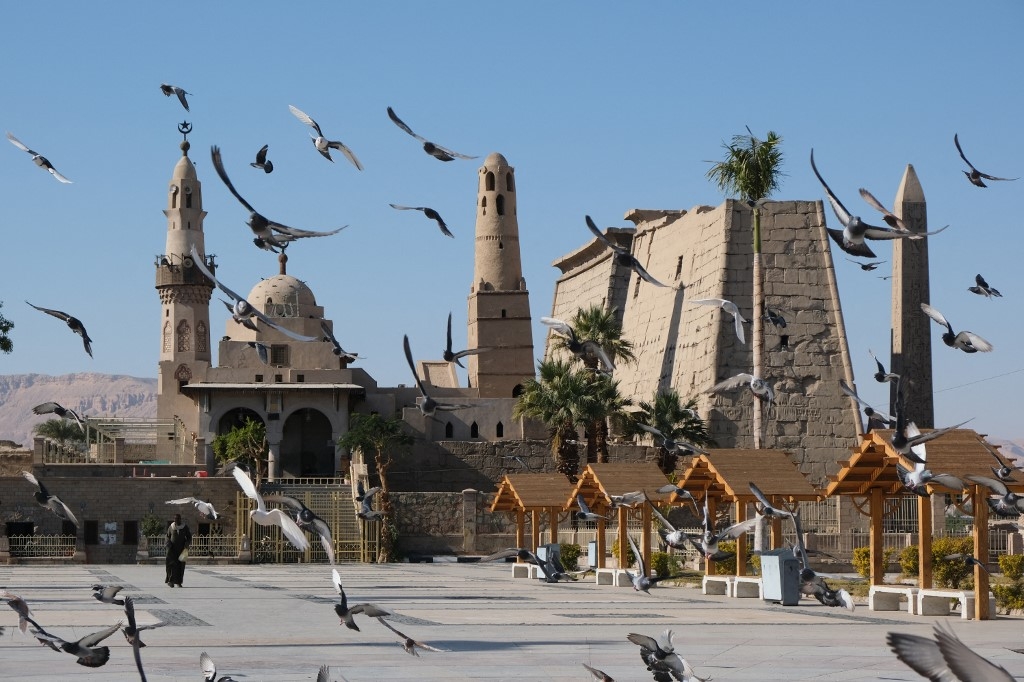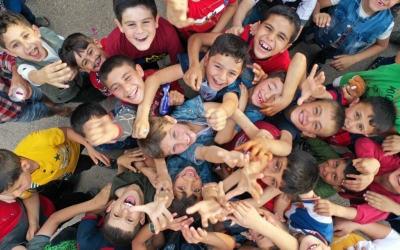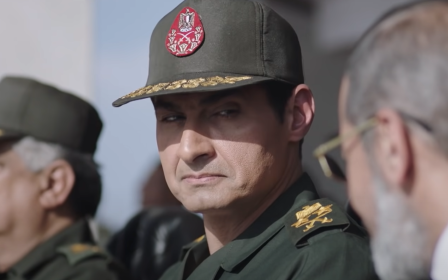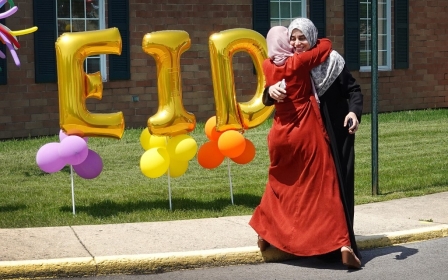Egypt imposes 'paranoid' Ramadan and Eid restrictions on prayers and spiritual retreats

Egypt has imposed tight restrictions on Muslim congregational prayers in the holy month of Ramadan and Eid citing Covid-19 rules, triggering widespread anger in the populous Muslim-majority country.
The restrictions include limiting night prayers to 30 minutes and banning spiritual retreats commonly held overnight at mosques during the last 10 days of Ramadan, which ends on Sunday.
The government will also ban Eid prayers in open spaces, and will only allow them to be held in a select number of mosques, with imams approved by the government and a single state-sanctioned sermon.
Eid and night prayers during the holy month in Egypt are usually busy, with even the less devout attending ceremonies.
The ministry of religious affairs announced the controversial decision in mid-April, saying it was to prevent the spread of Covid-19.
Health officials, however, have said the pandemic is in significant decline in Egypt, and no distancing restrictions are imposed on other social activities.
Videos and photos of government-appointed imams shutting down mosques and taking photos of themselves after closure of gates have been widely denounced as unjustified, given the lack of any similar restrictions on public gatherings, including concerts and football matches.
Many have attributed the decisions to the government’s fear of large gatherings that could turn into protests as the country suffers an unprecedented economic crisis.
“The Egyptian government is paranoid of any gatherings, including religious ones,” said Essam Telaima, an Egyptian religious researcher and former government-appointed imam.
“The restrictions are mainly aimed at preventing anti-government protests,” he told Middle East Eye. Telaima added that “it is ironic that the government banned the outdoor Eid prayers but allowed the indoor ones, citing Covid-19 precautionary measures, although holding prayers in open spaces is safer”.
While the initial decision included banning late-night prayers, called Tahajjud in Arabic, a popular backlash led the ministry to announce on Monday that it will allow it only on the last three nights of Ramadan - and only in certain major mosques.
Protests in Egypt have been all but banned since President Abdel Fattah el-Sisi led a coup against his democratically elected predecessor Mohamed Morsi in 2013.
The largest ever anti-government protests witnessed in Egypt were those that took place on 28 January 2011, which occurred in mosques throughout the country after the Friday prayers.
Middle East Eye delivers independent and unrivalled coverage and analysis of the Middle East, North Africa and beyond. To learn more about republishing this content and the associated fees, please fill out this form. More about MEE can be found here.





